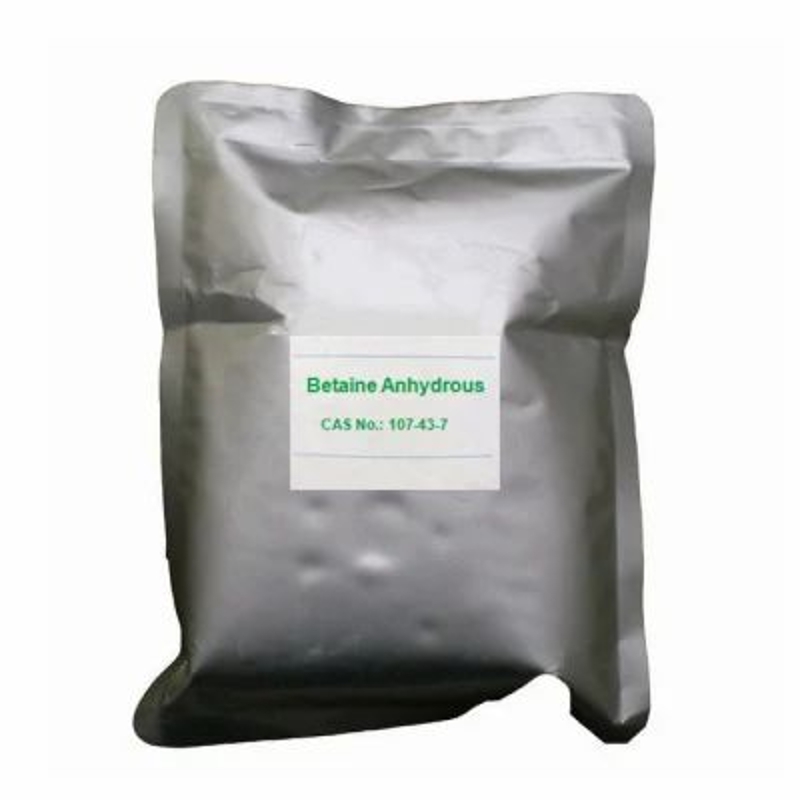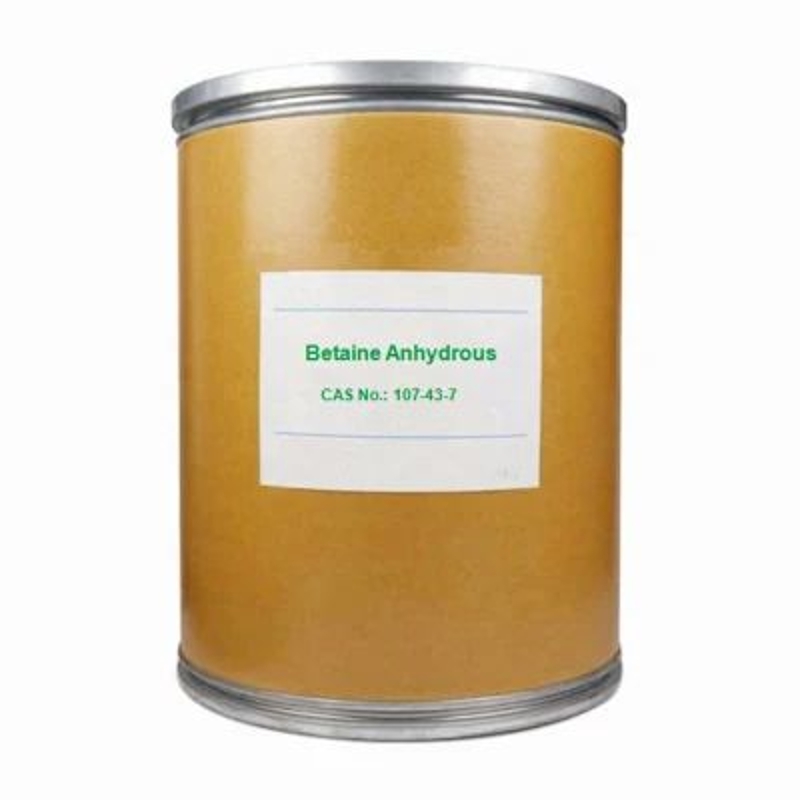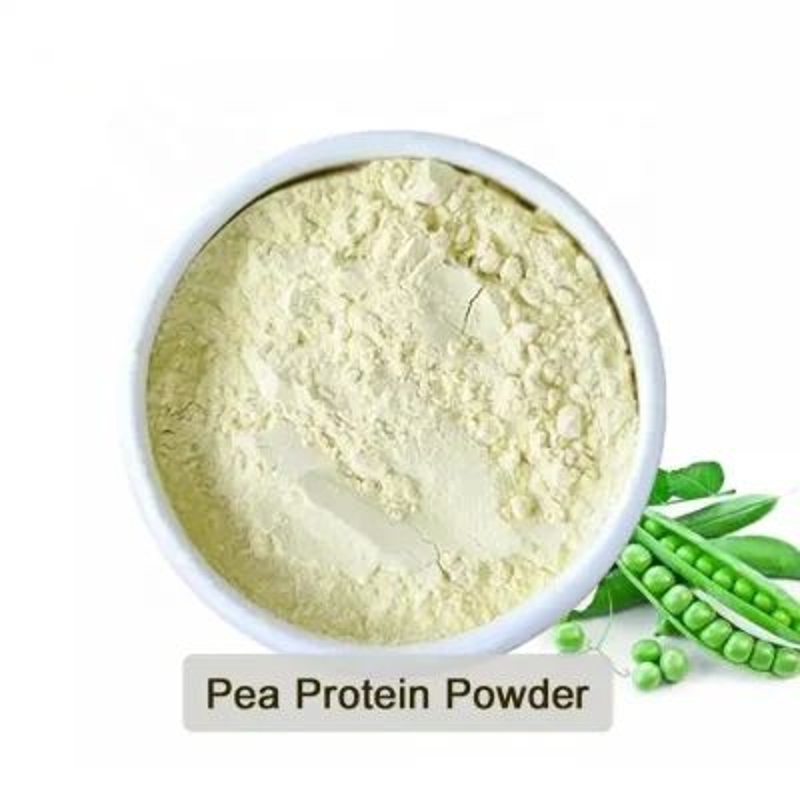-
Categories
-
Pharmaceutical Intermediates
-
Active Pharmaceutical Ingredients
-
Food Additives
- Industrial Coatings
- Agrochemicals
- Dyes and Pigments
- Surfactant
- Flavors and Fragrances
- Chemical Reagents
- Catalyst and Auxiliary
- Natural Products
- Inorganic Chemistry
-
Organic Chemistry
-
Biochemical Engineering
- Analytical Chemistry
-
Cosmetic Ingredient
- Water Treatment Chemical
-
Pharmaceutical Intermediates
Promotion
ECHEMI Mall
Wholesale
Weekly Price
Exhibition
News
-
Trade Service
Recently, electrolyte water has attracted widespread attention
.
With the liberalization of epidemic policies and the increase in the number of people infected with the new crown virus, a large number of electrolyte water claiming to "supplement electrolytes" and "contain electrolytes" on the market has been snatched up
.
However, China's "electrolyte water" category started late, and for a long time, the public's awareness of this category is low
.
This article will briefly sort out and analyze the classification, definition and related regulations and standards of common electrolyte water, aiming to let enterprises understand how to produce and sell such products in compliance with the law, and help
consumers truly understand the relevant situation of electrolyte water.
Product categories and requirements for "electrolyte water"
According to the requirements of GB 7718-2011 "National Food Safety Standard - General Principles for the Labeling of Prepackaged Food" (hereinafter referred to as GB 7718), the special name
reflecting the true attributes of food should be clearly marked in a conspicuous position on the food label.
The special name of the real attribute can choose the standard name of the corresponding national standard, industry standard or local standard and the name
of the food specified in the standard.
Therefore, whether it is a company or a consumer, it is first necessary to clarify the real product category
of the so-called electrolyte water on the market.
The real properties of electrolyte water commonly claimed to be "supplemental electrolytes" and "containing electrolytes" on the market are mainly divided into several categories: electrolyte drinks, sports drinks, solid drinks, sports nutrition foods, etc
.
In addition to sports nutrition food, other categories given here are beverage products, belonging to ordinary food, while sports nutrition food is a special dietary food, different in supervision and implementation standards, the following will be introduced
to the implementation standard requirements and definitions of several types of products.
Beverage products Beverage products shall comply with the requirements of
the mandatory national standard GB 7101-2022 "National Food Safety Standard for Beverages".
In addition, under the beverage category, different subdivided product categories also have their own implementation standards and requirements
.
Definition of beverage: with one or several edible raw materials, with or without adding auxiliary materials, food additives, food nutritional fortifiers, processed into quantitative packaging, for direct drinking or prepared drinking, ethanol content does not exceed 0.
5% of the mass fraction of products, can also be called drinks, such as carbonated drinks, fruit and vegetable juices and their beverages, protein drinks, solid drinks, etc
.
Electrolyte beverages are the most commonly chosen "electrolyte water" product category
for businesses.
At present, there are electrolyte beverages classified under the category of special-purpose beverages in GB/T 10789-2015 "General Principles of Beverages" (hereinafter referred to as GB/T 10789), which refers to products that have a certain amount of energy and add appropriate amounts of nutrients or other specific ingredients, which can replenish energy for the body, or accelerate energy release and absorption
.
But there is no separate product standard
for electrolyte drinks.
At present, the electrolyte drinks on the market are basically implemented corporate standards
.
Because there are differences in the definition and characteristics of products between different enterprise standards, it is easy to cause confusion and misunderstanding
to consumers.
Therefore, in May 2022, the China Food Industry Association issued a document saying that the association intends to organize the formulation of the "Electrolyte Beverage" group standard
.
However, at present
, there is no corresponding standard text for comments.
Sports drinks are also one of
the most common "electrolyte-filling" beverages.
At present, most sports drinks on the market implement the standard GB 15266-2009 "Sports Drinks", which refers to the nutrients and their content can adapt to the physiological characteristics of sports or physical activity people, can add water, electrolytes and energy to the body, and can be quickly absorbed
.
According to the definition of sports drinks, supplementing electrolytes is also one of the functions of sports drinks, in which the physical and chemical indicators specify the content of soluble solids, sodium, potassium that should be contained, and also require the content
of ascorbic acid, thiamine and its derivatives, riboflavin and its derivatives or additable ingredients.
And according to the classification of GB/T 10789, sports drinks also belong to the category
of special-purpose drinks.
In addition to complying with GB 7718, GB 13432 and other relevant regulations, the label identification should also indicate the content range of soluble solids, sodium and potassium
.
Solid beverages are also a product category often chosen by enterprises, including special-purpose solid beverages in the classification of solid beverages, which includes sports solid drinks and electrolyte solid beverages
.
In terms of label identification requirements, in addition to the requirements of GB 7718, it is also required to label the preparation or brewing method of the product
.
In addition to the requirements of the above related product standards, whether it is sports solid drinks or electrolyte solid drinks are special purpose solid drinks, GB/T 29602-2013 "Solid Beverages" defines it as a solid beverage that adapts to the needs of the human body by adjusting the types and content of nutrients in the beverage, or adding specific functional ingredients to meet the needs of the human body, such as sports solid drinks, nutrient solid drinks, energy solid drinks, electrolyte solid drinks, etc
。 According to the requirements of the "Announcement of the State Administration for Market Regulation on Strengthening the Quality and Safety Supervision of Solid Beverages" issued by the State Administration for Market Regulation on December 24, 2021, special purpose solid beverages directly provided to consumers should also be marked on the same display page as a warning message that "this product cannot replace special foods such as formula food for special medical purposes, infant formula food, health food, etc.
", and the area occupied should not be less than 20%
of its surface.
The text of the warning information shall be printed in bold and have obvious color difference
from the background of the warning information area.
The announcement is effective from June 1, 2022, and previously manufactured products can continue to be sold
during the shelf life.
And in order to reduce waste and help enterprises alleviate difficulties, the existing product packaging materials of solid beverage manufacturers can be extended to December 31, 2022 if they are not used up before June 1
, 2022.
Sports nutrition food Sports nutrition food is a special dietary food, and the standard that should be followed is GB 24154-2015 "National Food Safety Standard - General Principles of Sports Nutrition Food" (hereinafter referred to as GB 24154)
GB 24154 requires the types and contents of vitaminous mineral nutrients such as sodium, potassium, magnesium, calcium, vitamin B6, and vitamin C
.
Its labeling shall comply with the provisions of
GB 13432 "National Food Safety Standard Prepackaged Special Dietary Food Label" (hereinafter referred to as GB 13432).
And the label should indicate "sports nutrition food" and the category
to which the product belongs on the main display surface.
If there is an unsuitable group, it should be identified
in the label.
It is worth noting that sports nutrition foods and the sports drinks mentioned above are not the same category of foods
.
Sports drinks are ordinary foods, and the implementation standard is GB 15266-2009 "Sports Drinks"; The implementation standard of sports nutrition food is GB 24154-2015 "National Food Safety Standard - General Principles of Sports Nutrition Food", which is defined as food specially processed to meet the physiological metabolic state, exercise capacity and special needs of certain nutrients of the sports population (refers to people who participate in physical exercise 3 times a week or more, each duration of 30min and above, and each exercise intensity reaches medium and above), which is a special dietary food, and its product requirements and declaration requirements are different.
When selling these two types of products, enterprises should clearly indicate the true attributes of the products on the label in accordance with the requirements of the standards, and be careful not to confuse the two types of products when publicizing, causing misunderstanding
among consumers.
Consumers should be optimistic about the corresponding products when purchasing, and purchase
according to their actual needs.
Electrolyte water nutrient content claims requirements
In addition to "supplementing electrolytes" and "containing electrolytes", the common electrolyte water on the market will also make separate claims for certain nutrients, mainly including nutrients (sodium, potassium, magnesium, zinc, vitamin C, vitamin B6, vitamin E, dietary fiber), energy substances (white sugar, glucose, fructose, edible salt), etc.
, so what are the regulations for declaring these nutrients? For sports nutrition foods, according to the requirements of GB 13432, content claims can be made
when the content of nutrients in the product reaches the minimum value of the corresponding product standard or the minimum value that is allowed to be fortified.
Prepackaged special dietary foods that meet the content claim requirements can make functional claims
for energy and/or nutrients.
The standard language of functional claim specified in GB 28050 "National Food Safety Standard - General Principles for Nutrition Labeling of Prepackaged Food" should be selected
.
For beverage products, nutritional claims can be made when meeting the requirements of GB28050, including content claims and comparison claims, and functional claims
can also be made under the premise of meeting regulatory requirements.
However, the standard language of feature claims should not be deleted, added or merged
in any way.
Advertising and labeling requirements for electrolyte water
Electrolyte water of beverages belongs to ordinary food, electrolyte water of sports nutrition food belongs to special dietary food, and the claims in labels and advertisements have clear requirements
in the corresponding product standards, food safety law and its implementation regulations, advertising law, GB 7718 and "Food Labeling Management Regulations".
The key requirements are as follows:
The labels and instructions of food and food additives shall not contain false content, and shall not involve disease prevention and treatment functions
.
Producers and operators are responsible for
the content of the labels and instructions they provide.
The content of food advertisements shall be true and legal, must not contain false content, and must not involve disease prevention or treatment functions
.
Food producers and traders are responsible for
the authenticity and legality of food advertising content.
Foods other than health food shall not claim to have health care functions
.
The label of ordinary food shall not indicate or imply content that has the effect of preventing or treating diseases, and non-health food shall not explicitly or imply that it has a health effect
.
There should be no disease names or medical-related words and phrases
on the label.
Do not describe or introduce food
in a deceptive or misleading manner.
Terms such as "national", "superlative" and "best" must not be used in food advertisements; Do not use the name or image
of a medical institution or doctor.
Where food advertisements involve specific efficacy, the names or images of experts or consumers must not be used as proof
.
In addition to the above requirements, many products choose to be sold on e-commerce platforms, whether it is in the form of live streaming, product detail pages, or other forms of advertising, should comply with the corresponding laws and regulations and the requirements of
major e-commerce.
For example: "Interim Measures for the Administration of Internet Advertising" and "Notice of the State Administration of Radio and Television on Strengthening the Management of Online Show Live and E-commerce Live Broadcast", etc
.
Finally, it also reminds consumers that electrolytes should be scientifically supplemented
.
The "Joint Tips for Electrolyte Balance and Health" jointly issued by six professional institutions, including the Drinking Water and Health Branch of the Chinese Nutrition Society and the Gastroenterologist Branch of the Chinese Medical Doctor Association, gives corresponding guidance
for electrolyte supplementation.
1.
During long-term or high-intensity physical activity, or high-temperature environment operation, the body mainly regulates body temperature by sweating a lot to dissipate heat, and water and electrolyte loss
will occur with the evaporation of a large amount of sweat.
Electrolytes should be replenished in appropriate amounts to maintain electrolyte balance
in the body.
2.
Fever, vomiting, diarrhea, etc.
may cause electrolyte disorders, electrolytes can be replenished to maintain the body's electrolyte balance
.
3
.
In the case of certain diseases, such as chronic renal failure, acute and chronic heart failure, endocrine diseases and other related diseases, electrolyte supplementation requires reasonable correction of electrolyte imbalances under the evaluation and guidance of doctors.
(Source: China Food Anxin)
China Food News(2023.
01.
16.
07).
(Responsible editor: Luo Chen)







